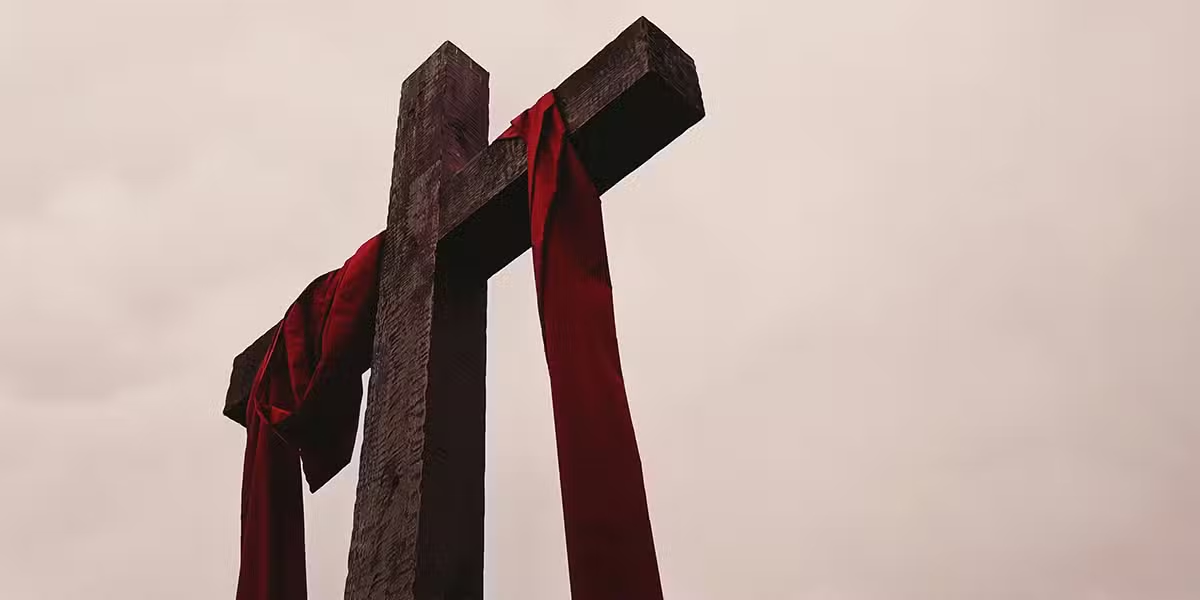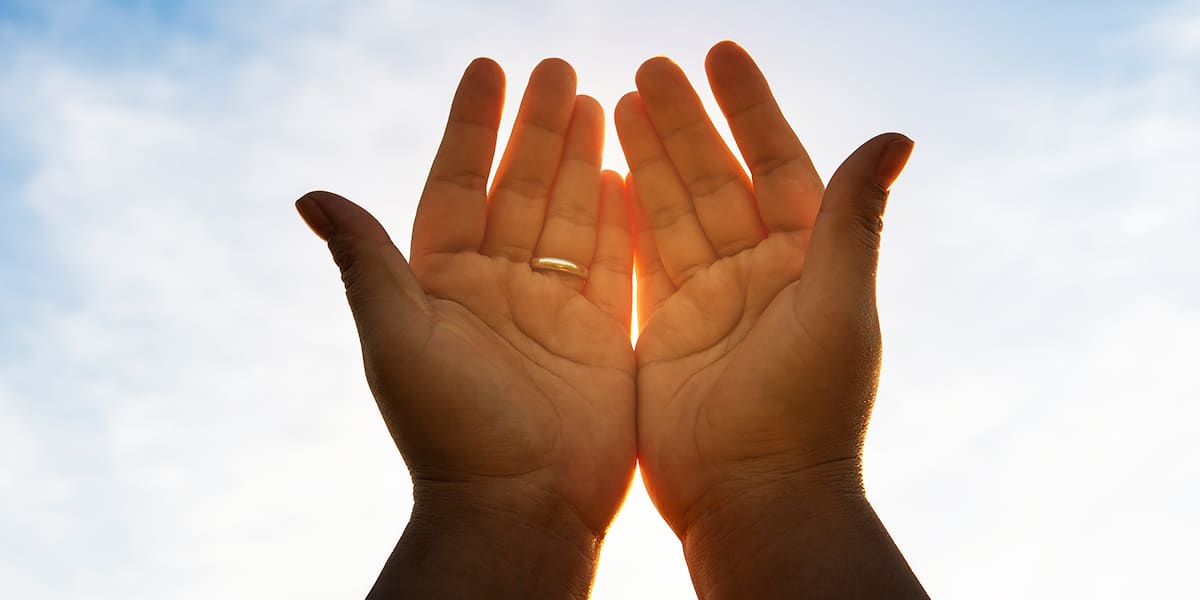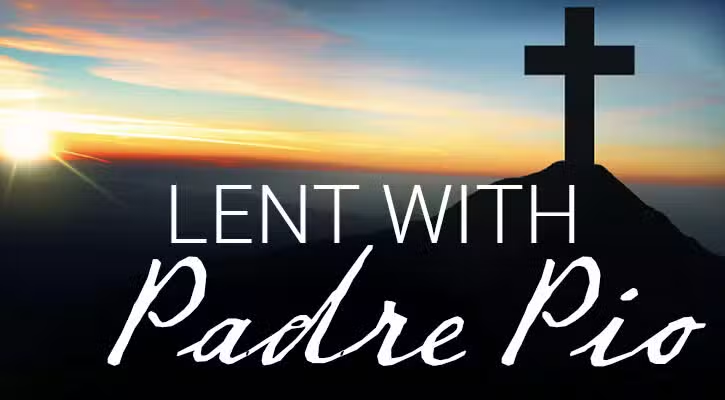When I was young, my family took a trip to the Epcot Center at Disney World. Just a few miles from Cape Canaveral, many of its rides were focused on the future, a future always gleaming with the shine of steel and glass, swept clean of dirt or dust. One ride I remember in particular was a tour of the farm of the future, a space where plants grew suspended in the air, nurtured by sprays and artificial lights inside a warehouse. With no sunshine or earth to worry with, it was a model that could have been in Saudi Arabia as much as Florida. It was a farm for anywhere from anywhere.
To the agrarian mind, such a farm is not only unsustainable, but also a kind of lie. It hides us from the truth that our lives are dependent upon the soil and the sun and the plants that can turn both into food. Such a farm represents an attempt to place a basic need fully under human control, but in doing so it separates us from the context in which we are made fully human.
To be human is to be close to the earth. The biblical name for human, adam, makes this link because adam is made from the adamah—a rich life-giving soil. Adam is literally an “earthling,” one belonging to and formed from the dirt. In English, the human is, in a similar way, drawn from the humus—our life is dependent, in a most basic way, upon the soil. This is our truth, our reality.
A common response to this fact that we are humus-bound creatures is to try to transcend our earthliness, to free ourselves from our dependence on soil. To the agrarian mind such transcendence is really a transgression of reality and our limits—it is not a heroic enterprise or intelligence but is rather, as author Wendell Berry puts it, “our old friend hubris, ungodly ignorance disguised as godly arrogance.”
Hubris is a Greek term meaning, originally, defiance toward the gods. But it also has in its root a sense of moving up, out of place, of no longer fitting into the proper order of things. Hubris is like those plants at the farm of the future, suspended in the air, roots without soil in which they can be secured. And yet, the reality is that such a “farm of the future” is dependent on fossil fuels, the stored photosynthesis of millennia. The nutrients sprayed on the roots must be taken from nature; they were not synthesized ex nihilo in a lab. Those suspended plants, as genetically modified as they might be, were only the manipulations of a given reality that is far more significant and meaningful and mysterious than any technological enterprise could develop. Even with talk now of “synthetic life,” if it is achievable at all, it is only on the pattern of the given life already abundant in the world. Hubris is always poised to learn its opposite the hard way—humility not through reflective wisdom, but by humiliation with a great deal of damage along the way.
Hubris and Humility
Hubris is only the most common response to our creaturely condition, but it is not the only choice. “To counter the ignorant use of knowledge and power,” says Berry, “we have… only a proper humility.” This humility is a going down and acceptance of our limits, but also an embrace of our reality. In humility we turn our eyes to our most basic dependencies, beginning with the humus itself. Cistercian Michael Casey, reflecting on St. Benedict’s teaching on humility writes, “The first thrust of humility is to inculcate in us an acceptance that we are of the earth; we are humus. To judge ourselves or others from any other perspective is false, and will eventually become destructive.”
This going down of humility is not to diminish the human person, but is to bring us in contact with something more essential than mere knowledge: truth. As Bernard of Clairvaux wrote in his classic, The Steps of Humility and Pride: “The way is humility, the goal is truth.” We can only know so much; even with all of the knowledge collected and known, our species is forgetting a great deal at the same time it is advancing knowledge. Our ability to understand is even more limited than our ability to know. As Berry writes, “The mystery surrounding our life probably is not significantly reducible. And so the question of how to act in ignorance is paramount.” The problem is that “we are at once limited and unendingly responsible for what we know and do.” To learn how to act in the face of such mystery and limits, we need humility. In this way, we can find the truth even in our ignorance.
For Berry, one of the key outgrowths of the virtue of humility is the practice of propriety. “The idea of propriety,” he writes, “makes an issue of the fittingness of our conduct to our place or circumstances, even our hopes.” Such a fittingness means that our lives are part of a whole and are not complete in themselves, we are each a part of a context outside of which “we cannot speak or act or live.”
This context means that our own lives are really never our own: “Our life inescapably affects other lives, which inescapably affect our life.” We are entangled and bound up together, not as in a net in which we are trapped, but in a network through which we are nourished and find our health. It is humility that teaches us the good of this entanglement while pride tries to escape our embeddedness, mostly by ignoring it and sometimes by violently wrestling free.
“Propriety is the antithesis of individualism,” writes Berry. Propriety is the means by which we “deny that any individual’s wish is the ultimate measure of the world.” For this reason propriety is concerned with the scale of one’s actions. To act with a humble propriety is to recognize that failure is possible and that we should not work beyond our ability to clean up our messes. “When people succeed in profiting on a large scale they succeed for themselves,” Berry warns. “When they fail, they fail for many others, sometimes for us all.”
Living in Peace
Humility, by helping to return us to the integrity of our humanity, which involves an acceptance of our particularly human creatureliness, also helps to make our lives more coherent, more integrated. “The more coherent one becomes within oneself as a creature,” writes Berry, “the more fully one enters into the communion of all creatures.” It is by humility then that we join the membership of creation in acceptance that we are a part of the world rather than an individual struggling against it. There is grace and community for us, if only we would accept the gift of our givenness.
There is a restfulness in this acceptance of our limited lives. When we move low, back toward the soil from which we can learn the lessons of our true humanity, we are able to enter a kind of peace. Humility is not about struggle or diminishment but rather is the relief that we are not God, that we are mere creatures. Berry gives voice to this truth in one of his most popular poems, “The Peace of Wild Things”:
When despair for the world grows in me
and I wake in the night at the least sound
in fear of what my life and my children’s lives may be,
I go and lie down where the wood drake
rests in his beauty on the water, and the great heron feeds.
I come into the peace of wild things
who do not tax their lives with forethought
of grief. I come into the presence of still water.
And I feel above me the day-blind stars
waiting with their light. For a time
I rest in the grace of the world, and am free.
Berry, in seeking and finding the “grace of the world,” is following a thread of insight running from Psalm 23 to the Sermon on the Mount where Jesus calls us to live as sparrows and lilies, which is to say, to rest in the blessings of our givenness. To accept that we are creatures is to live into a kind of peace at the base of the world.








